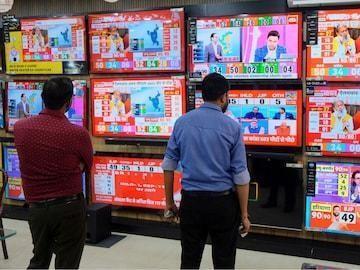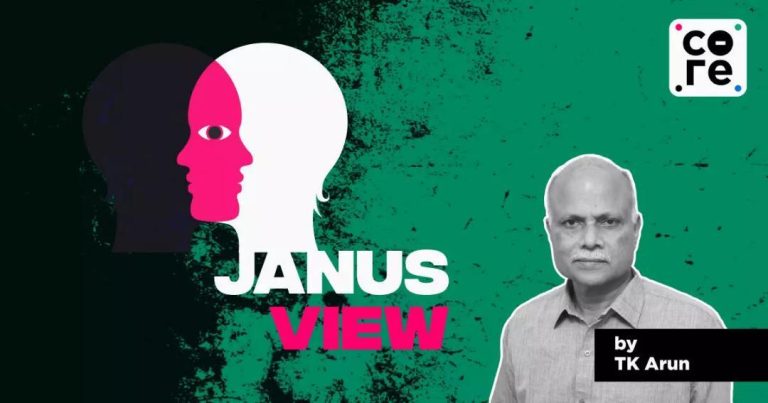
How Accurate were Delhi Exit Poll Predictions in 2015 & 2020?
Exit polls have become an essential part of any election in India, providing valuable insights into the likely outcome of the polls. However, their accuracy is often called into question. In this blog post, we will examine the accuracy of Delhi exit poll predictions in the 2015 and 2020 Delhi Assembly elections.
In 2015, the exit polls estimated that the Aam Aadmi Party (AAP) would secure 45 seats, the Bharatiya Janata Party (BJP) 24, and the Congress one seat. However, the actual results saw AAP winning an astonishing 67 seats, leaving BJP with just three seats and Congress with none. This significant deviation from the exit poll predictions raised questions about the accuracy of the polls.
Fast forward to 2020, and the exit polls predicted that AAP would win 54 seats and BJP 15. However, the actual results saw AAP winning 62 seats, while BJP managed to win eight seats. Again, the exit polls were off the mark, raising concerns about their reliability.
So, what went wrong? And what can we learn from these inaccuracies?
Methodology of Exit Polls
Before we dive into the accuracy of the exit polls, it’s essential to understand how they are conducted. Exit polls involve surveying a sample of voters who have cast their ballots and asking them about their voting preferences. The goal is to gather information about the proportion of voters who have supported each party or candidate. The data is then used to make predictions about the outcome of the election.
There are several exit poll organizations in India, including C-Voter, Today’s Chanakya, and India Today-Axis. Each organization uses its own methodology to conduct the polls, including sampling techniques, questionnaire design, and data analysis.
2015 Delhi Assembly Elections
The 2015 Delhi Assembly elections were a significant departure from the exit poll predictions. AAP, which had won 28 seats in the 2013 elections, was expected to win 45 seats according to the exit polls. However, the party went on to win 67 seats, a whopping 39 more than predicted.
The BJP, which was expected to win 24 seats, managed to win just three. The Congress, which was expected to win one seat, failed to win any. The exit polls had clearly underestimated AAP’s popularity and overestimated the BJP’s performance.
There are several reasons that may have contributed to the inaccuracy of the exit polls. One reason is that the polls may not have captured the sentiment of the voters accurately. The 2015 elections saw a significant shift in voter sentiment, with many voters backing AAP’s anti-corruption and populist agenda. The exit polls may not have captured this shift accurately, leading to inaccurate predictions.
Another reason is that the polls may have been influenced by biases and prejudices. Exit polls are conducted by organizations that have a vested interest in the outcome of the elections. They may be more likely to favor certain parties or candidates, leading to inaccurate predictions.
2020 Delhi Assembly Elections
The 2020 Delhi Assembly elections saw a similar disparity between the exit poll predictions and the actual results. The exit polls predicted that AAP would win 54 seats and BJP 15. However, AAP went on to win 62 seats, while BJP won eight.
The exit polls had underestimated AAP’s popularity once again, and overestimated the BJP’s performance. The polls had also failed to capture the shift in voter sentiment, with many voters backing AAP’s anti-corruption and populist agenda.
The 2020 elections saw a significant increase in voter turnout, with over 62% of the eligible voters casting their ballots. This may have contributed to the inaccuracy of the exit polls, as the polls may not have captured the full extent of the voter turnout.
Conclusion
The accuracy of exit polls in Delhi has been a subject of controversy in recent years. The 2015 and 2020 Delhi Assembly elections saw significant disparities between the exit poll predictions and the actual results. The exit polls underestimated AAP’s popularity and overestimated the BJP’s performance.
There are several reasons that may have contributed to the inaccuracy of the exit polls, including biases and prejudices, inaccurate sampling techniques, and failure to capture shifts in voter sentiment. The polls are also influenced by the organizations that conduct them, which may have a vested interest in the outcome of the elections.
In conclusion, while exit polls can provide valuable insights into the likely outcome of elections, their accuracy is often called into question. The 2015 and 2020 Delhi Assembly elections are a case in point, with significant disparities between the exit poll predictions and the actual results. As election season approaches, it’s essential to remain skeptical of exit poll predictions and to seek out multiple sources of information.
News Source:
https://indianexpress.com/article/political-pulse/delhi-exit-polls-today-surveys-prediction-9818366/lite/






